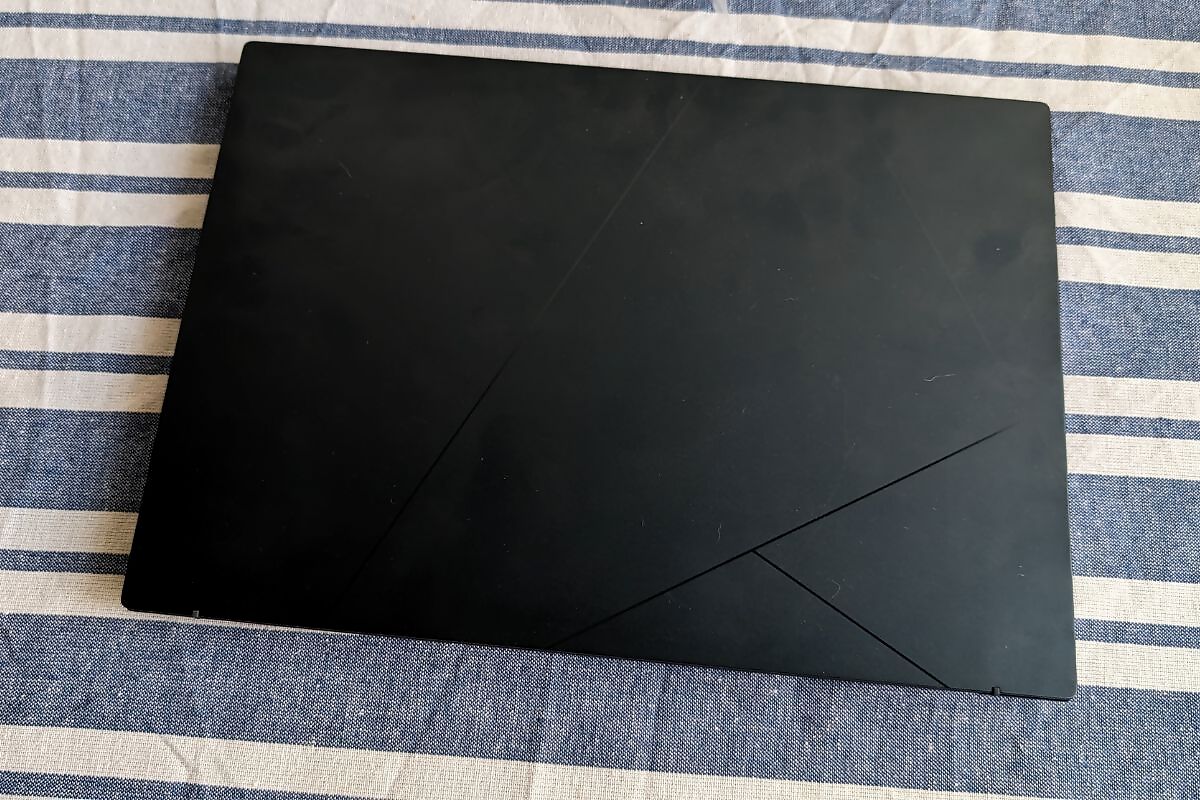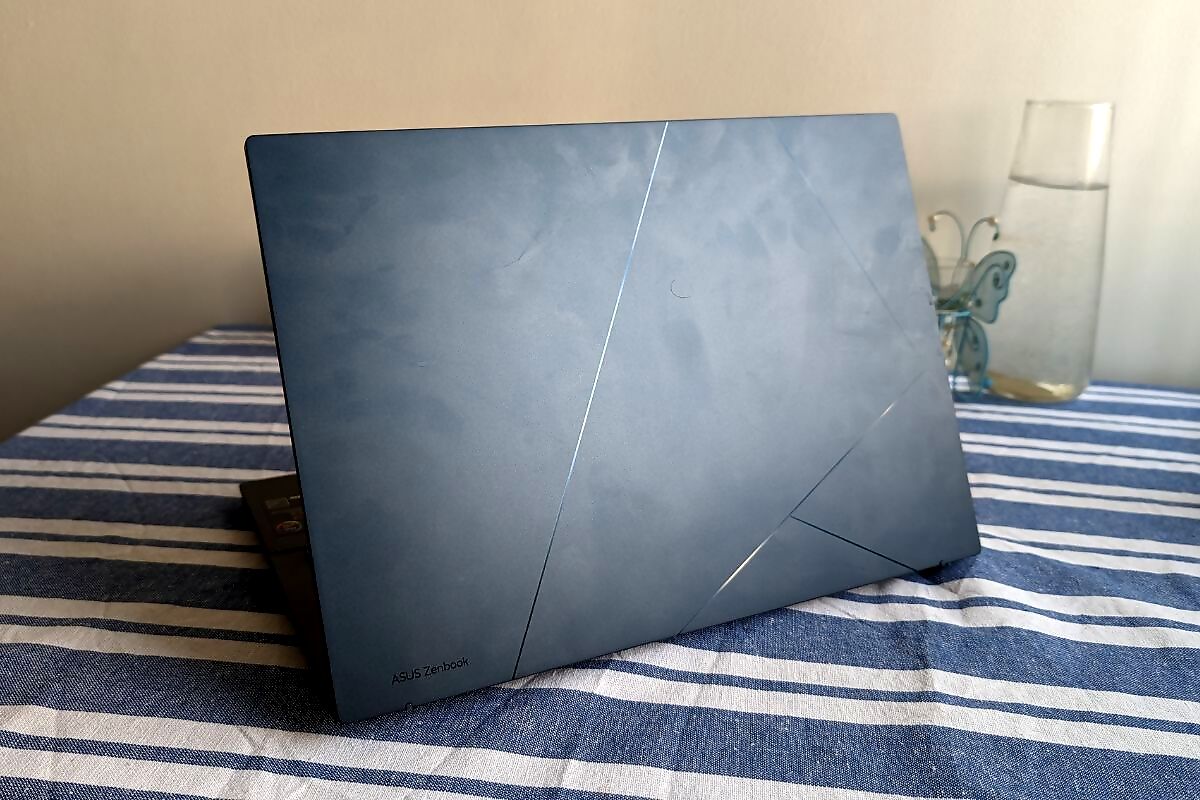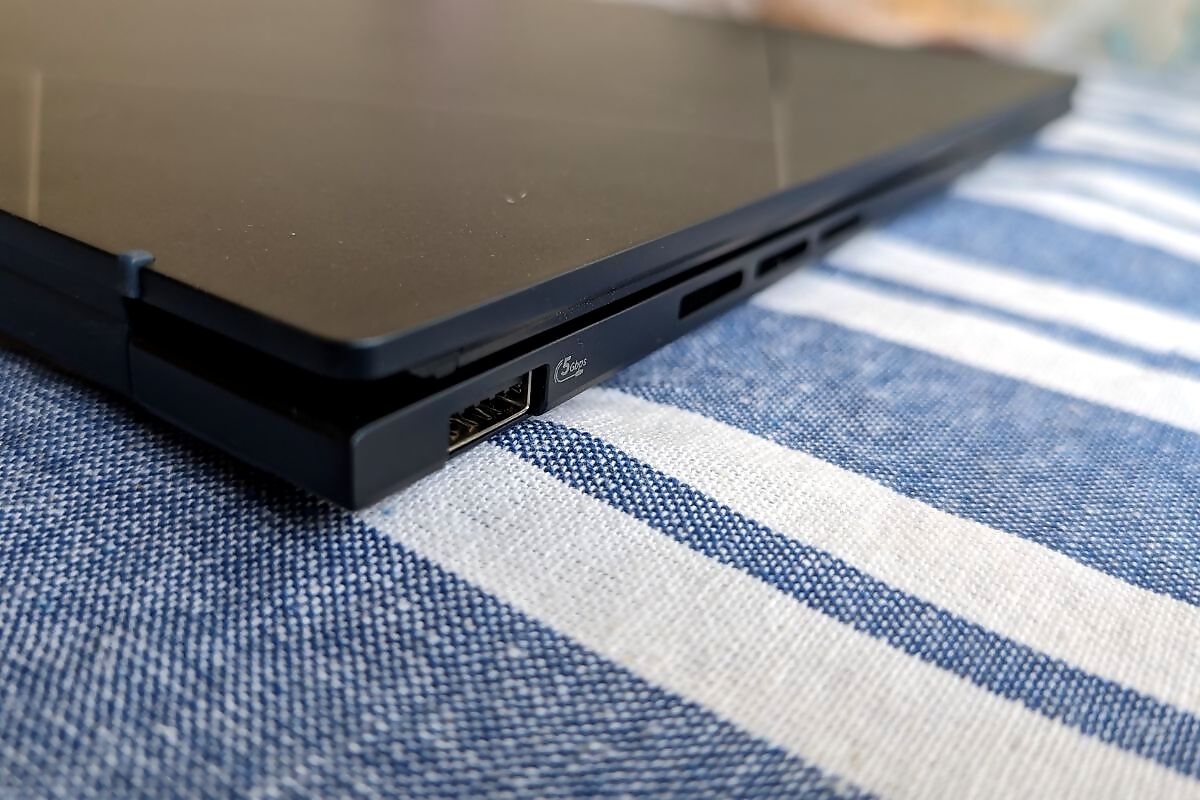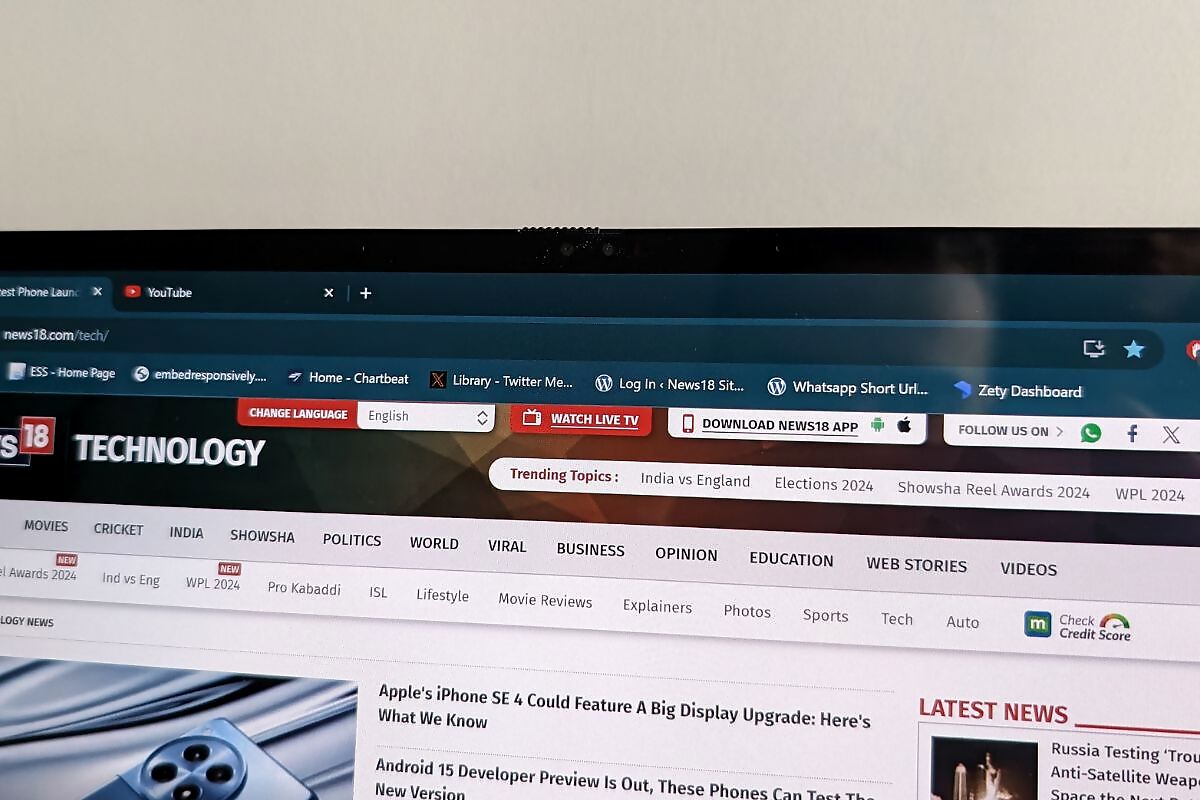
views
Asus is known for its premium range of laptops but the brand now aspires to show its efforts in the AI arena, just like every other tech company is doing in 2024. Asus is taking help from Intel to get its AI PC era started and the ZenBook 14 OLED is one such model that benefits from the upgrades on offer. The ZenBook lineup in general has worked nicely with its premium design, high-quality display and keeping performance well in its focus.
The company has added robustness to the series since 2023, and now all that brawn beauty looks to match the brains provided by Intel’s Ultra processor. We used the laptop for over a few weeks to see if these Rs 1 lakh+ Windows laptops have enough in the tank to compete with the Macs.
Design Quality That Works
Most people would find it hard to differentiate between the ZenBook 14 2023 model and this year’s model. The design looks identical but that’s not a bad thing at all. You have a sleep ultrabook that has been offered military-grade protection, something the company claims will help the laptop last for years without major wear and tear.

We didn’t try to test these claims by dropping the laptop but during our time with the product we could sense the durability is hard to doubt. The fact that the ZenBook models have a lightweight body (1.2 kg and 14.99 thick) means you have the ideal work machine that can be carried without feeling its burden. Having said that, the finishing on the panel could probably use some upgrade because it easily catches smudges, as you can see here.

The keyboard layout has been tweaked slightly to raise the keys which gives you a more comfortable typing experience and after using both the 2023 and 2024 models, we can vouch for the improvements.
Display Upgrade Warranted
Asus continues with its promise with OLED-ify its lineup in the country and the ZenBook 14 OLED is no different. It features a 14-inch touch display which offers 3K resolution with a 120Hz refresh rate screen. These numbers come together when you view content and high-res videos on the screen, which is bright, vibrant and crisp with the colour contrast. OLED panel means the reflection is unavoidable but that seems like a small drawback when compared with the overall benefits.
AI Hardware Shows It Promise
Intel’s AI journey has started with the Ultra processors with a specific focus on the Ultra 7 version. Asus is offering the ZenBook 14 OLED with 16GB RAM as the base model and we decided to see if this variant has enough to be considered as the primary work machine and more. The definition of an AI PC is clear but its use case is limited for now and we have to wait for apps to come that can truly unlock the promise.

Having said that, the AI processor has an NPU and low cores that help deliver longer battery life compared to the previous versions. The laptop has all the basic ports that one needs, including the Thunderbolt 4 USB C ports.

There are some interesting aspects to the laptop as well. You get a camera shutter lid which offers privacy but Asus has removed the fingerprint sensor on the laptop to fulfil the criteria for a Windows Hello laptop.
Delivers Improved Battery Life
And finally, it is important to highlight the benefits of the low-power cores on the ZenBook 14 OLED which has gone up a notch compared to its predecessor. We’re not sure if it is the AI or the new architecture but the laptop can easily last you for over 10 hours on a single charge without you needing to make big changes to the settings. We managed to get the laptop to run for 3 movies one after the other on 60 percent brightness.



















Comments
0 comment